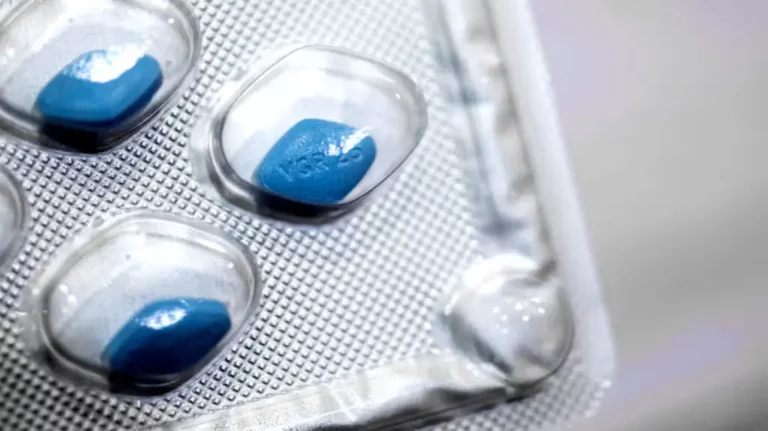Ginseng, a renowned herb in traditional medicine, particularly in Asian cultures, has been used for centuries for its myriad of therapeutic benefits. One of its purported benefits is its ability to boost testosterone levels in men. But, is there scientific weight behind these claims, or is it just rooted in anecdotal evidence?
The Ginseng-Testosterone Link
Ginseng contains active compounds known as ginsenosides, which are believed to be responsible for its therapeutic properties. When it comes to testosterone, the hormone responsible for male secondary sexual characteristics and other physiological functions, the connection with ginseng becomes especially interesting.
Scientific Studies and Findings
A number of studies have delved into understanding the relationship between ginseng and testosterone levels. Some research indicates that ginseng can improve erectile function, which might be mistakenly equated with increased testosterone levels. However, the mechanism behind ginseng’s role in enhancing erections may not be directly related to boosting testosterone.
That said, certain animal studies suggest that ginseng might increase testosterone production, but the evidence in humans remains less consistent. It’s crucial to differentiate between animal and human studies when considering the implications of these findings.
Other Potential Benefits of Ginseng
While the direct impact of ginseng on testosterone remains under debate, its other potential benefits cannot be ignored:
- Enhanced physical stamina and energy
- Improvement in cognitive function
- Immune system modulation
- Stress reduction and mood improvement
- Anti-inflammatory effects
Factors to Consider Before Using Ginseng
Varieties of Ginseng
There are various types of ginseng, including Korean red ginseng, American ginseng, and Siberian ginseng. Each has unique properties, and not all are equally effective in influencing testosterone or other health aspects.
Dosage and Duration
The correct dosage and duration for ginseng consumption vary. Overconsumption might lead to side effects like insomnia, headaches, or digestive problems. Always consult with a healthcare professional before starting any supplementation.
Interactions with Medications
Ginseng can interact with certain medications, including blood thinners and antidiabetic drugs. It’s essential to be aware of these potential interactions and discuss them with a healthcare provider.
Conclusion
While ginseng has been heralded for its potential testosterone-boosting properties, the scientific evidence remains mixed. While certain benefits of ginseng are well-documented, it’s essential to approach the testosterone connection with caution and informed perspective. Always consider professional advice before making decisions based on these findings.
FAQ
Does ginseng directly increase testosterone levels?
While some animal studies suggest a positive correlation, human studies offer mixed results. The direct impact of ginseng on testosterone levels is not definitively proven.
What are the main health benefits of ginseng?
Ginseng has been associated with enhanced energy, cognitive function improvement, immune system support, mood enhancement, and anti-inflammatory properties.
Is it safe to consume ginseng daily?
While ginseng is generally safe for many people, its daily consumption might lead to side effects in some individuals. It’s always best to consult a healthcare professional for guidance on dosage and duration.
Can ginseng interfere with medications?
Yes, ginseng can interact with certain medications, including blood thinners and drugs for diabetes. Before starting ginseng supplementation, discuss potential interactions with a healthcare provider.






